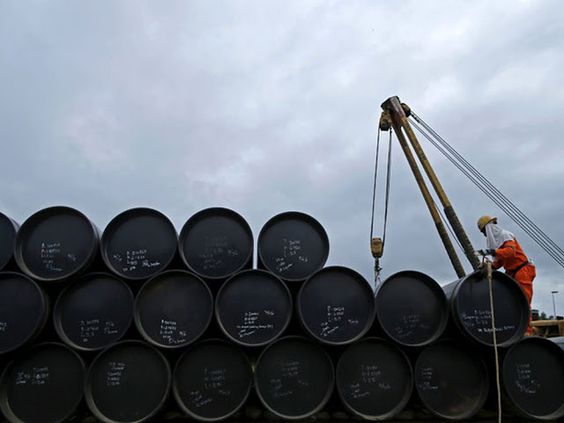
Crude prices in Saudi Arabia have been raised, causing oil prices to rise
Oil prices jumped more than $2 in early trading on Monday as Saudi Arabia boosted pricing for its oil sales in July, indicating how tight supply remains despite OPEC+ agreeing to increase output over the next two months. Brent oil futures were up $1.80, or 1.5 percent, at $121.52 a barrel at 2319 GMT, having hit an intraday high of $121.95, extending a 1.8 percent rise from Friday.
After touching a three-month high of $120.99, U.S. West Texas Intermediate (WTI) crude futures were up $1.63, or 1.4 percent, at $120.50 a barrel. On Friday, the contract gained 1.7 percent. Saudi Arabia increased the official selling price (OSP) for its flagship Arab Light crude to Asia to a $6.50 premium above the average of the Oman and Dubai benchmarks on Sunday, up from a $4.40 premium in June.
The move occurred despite OPEC+, the Organization of Petroleum Exporting Countries, and its partners, agreeing last week to boost output by 648,000 barrels per day in July and August, or 50% more than originally anticipated.
Saudi Arabia has also raised the Arab Light OSP to Northwest Europe to $4.30 over ICE Brent in July, up from $2.10 in June. However, the premium for barrels bound for the United States remained unchanged at $5.65 over the Argus Sour Crude Index (ASCI).
The OPEC+ decision to accelerate supply increases is largely considered unlikely to fulfill demand, as some member nations, notably Russia, are unable to increase output, while demand in the United States is increasing during peak driving season, and China is loosening COVID restrictions.
